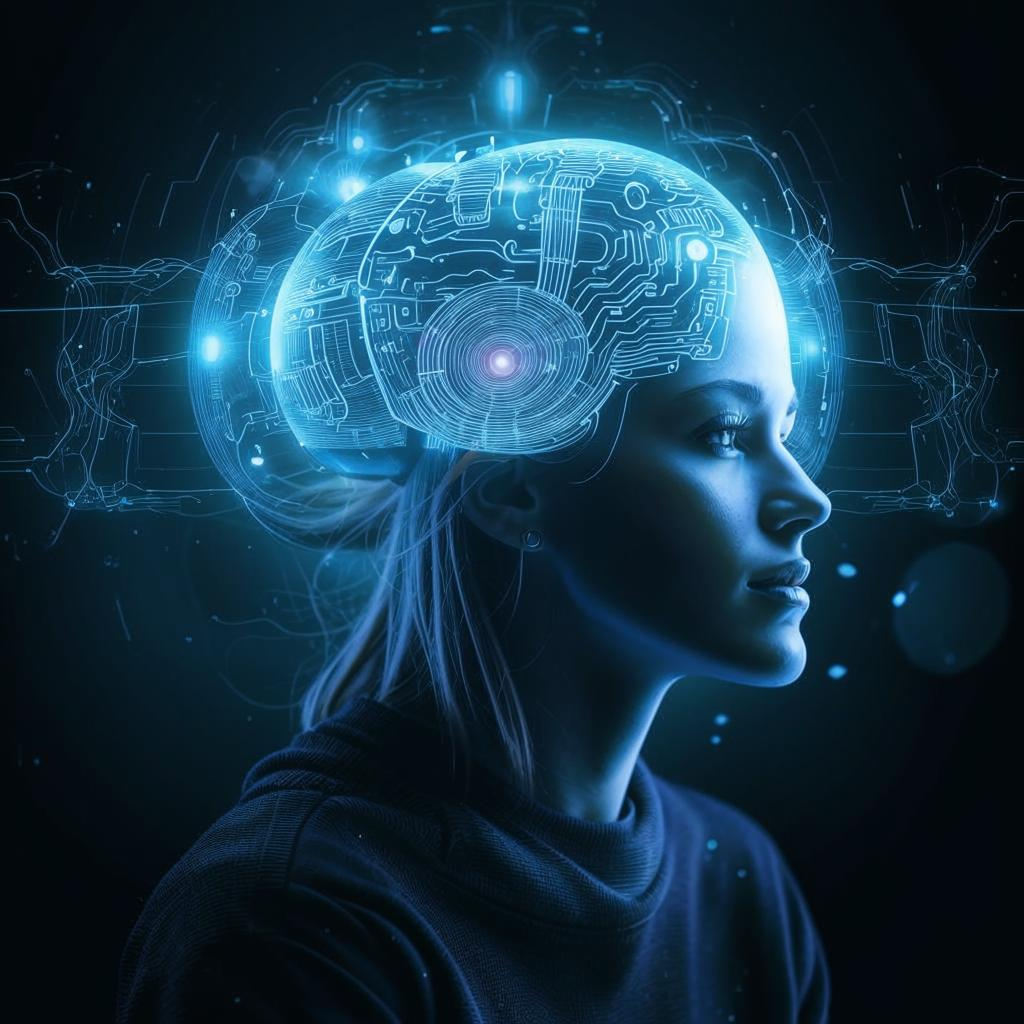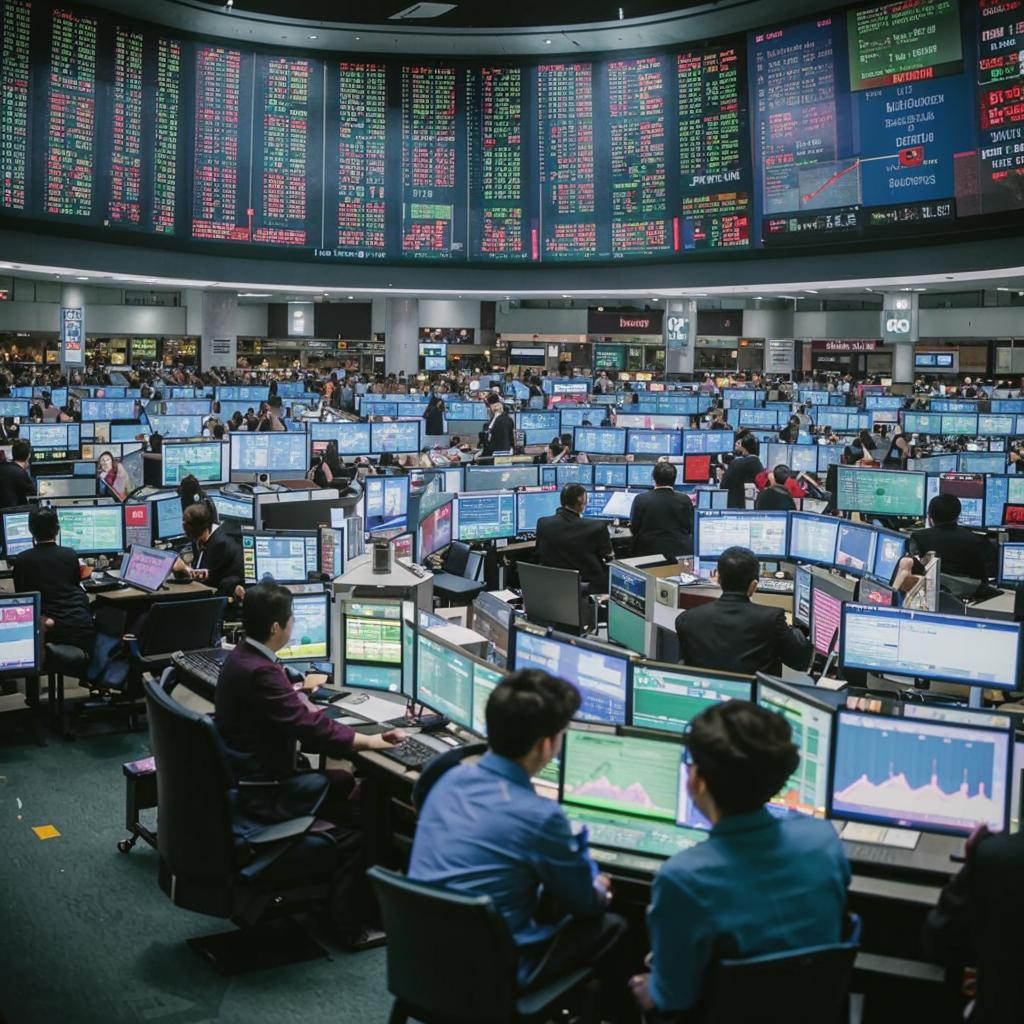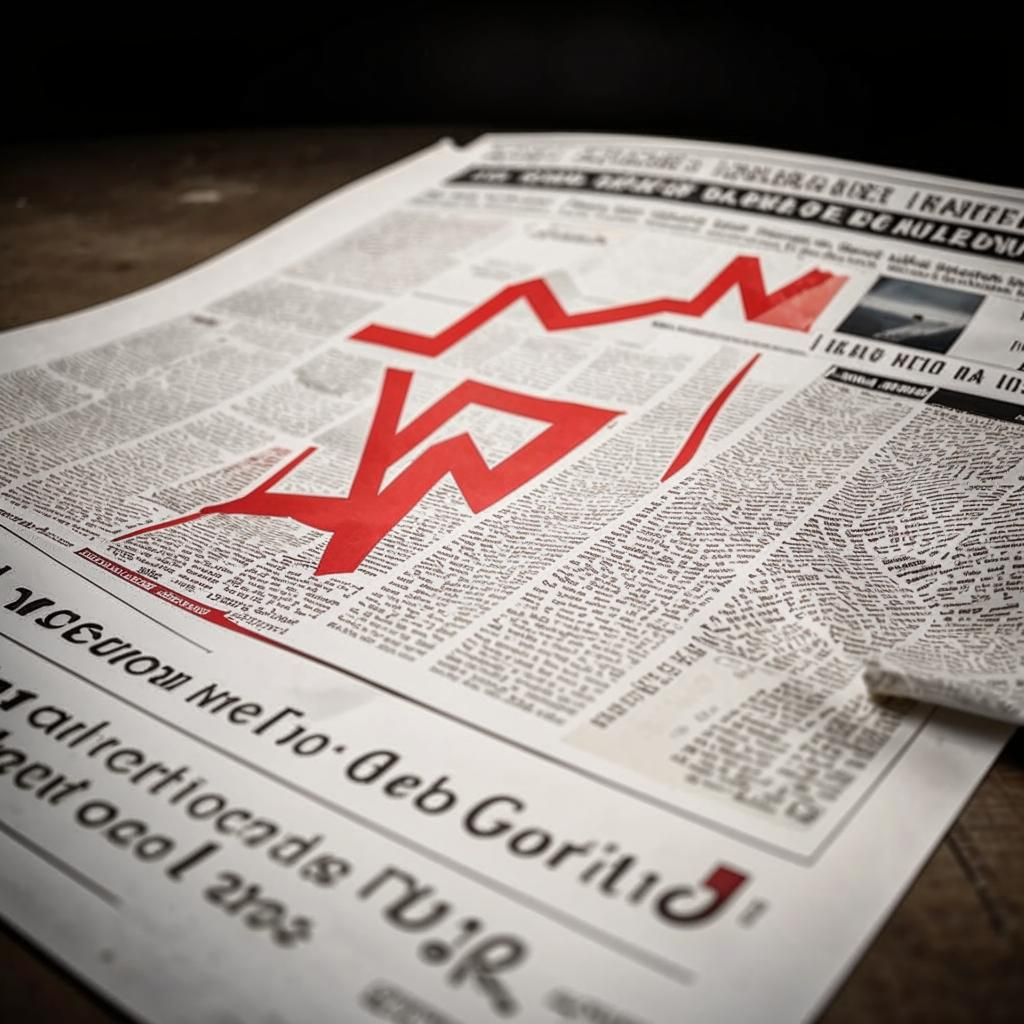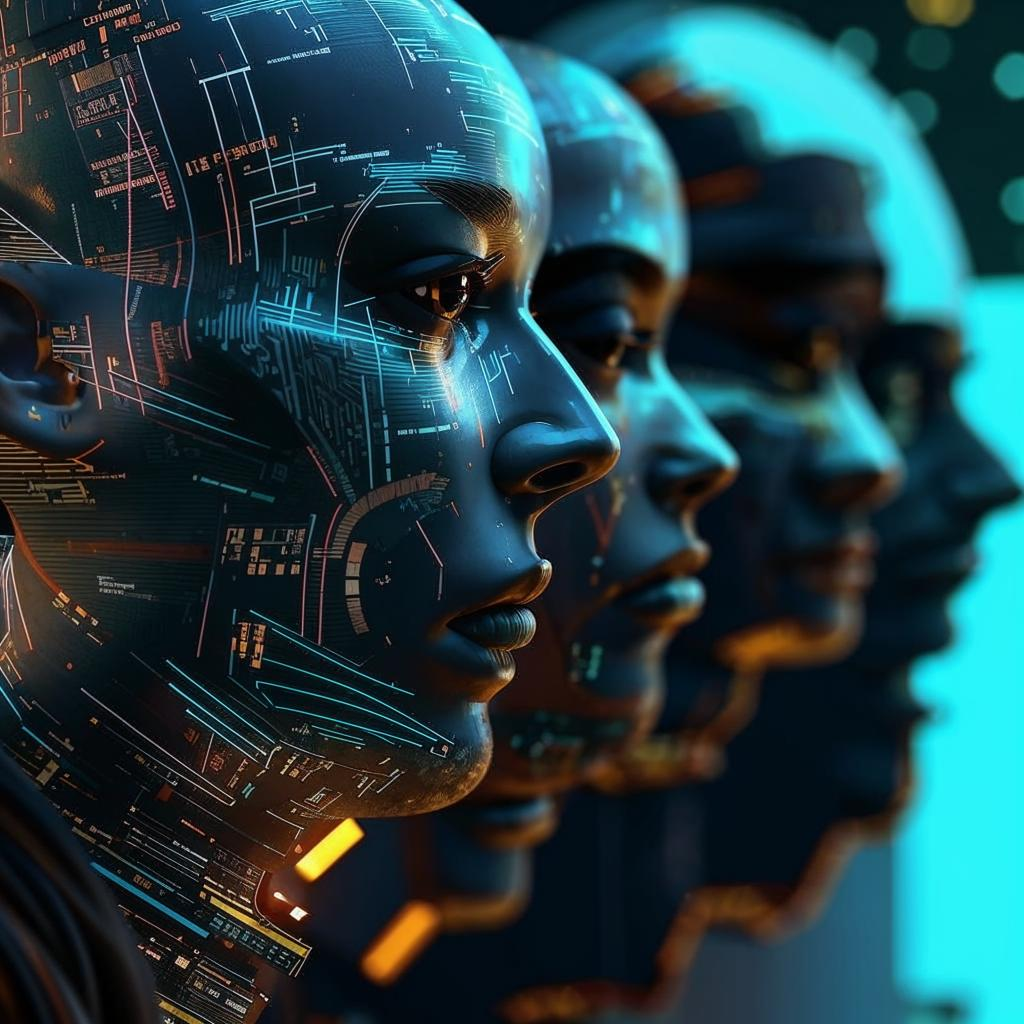Artificial intelligence is rapidly transforming the digital landscape, with AI-generated content becoming increasingly prevalent. From articles and social media posts to music and art, AI algorithms are now capable of producing content that rivals human creativity. This proliferation of AI-generated material raises critical questions about authenticity, originality, and the future of content creation.
The ease and speed with which AI can generate content is both a boon and a challenge. Businesses are leveraging AI to automate content creation, saving time and resources. However, the widespread use of AI-generated content also raises concerns about the potential for misuse. The ability to create realistic fake news, propaganda, and disinformation campaigns is a growing threat.
Detecting AI-generated content is becoming increasingly difficult. While some AI-generated texts exhibit telltale signs, such as repetitive phrases or unnatural sentence structures, AI models are constantly improving, making it harder to distinguish them from human-written content. This poses a significant challenge for fact-checkers, journalists, and consumers alike.
The rise of AI-generated content also raises ethical considerations. Who owns the copyright to AI-generated works? How do we ensure that AI algorithms are not biased or discriminatory? These are complex questions that require careful consideration.
As AI technology continues to evolve, it is crucial to develop strategies for identifying and mitigating the risks associated with AI-generated content. This includes investing in research to improve AI detection methods, promoting media literacy to help people critically evaluate information, and establishing ethical guidelines for the development and use of AI. The future of content creation will likely involve a collaboration between humans and AI, but it is important to ensure that AI is used responsibly and ethically.












